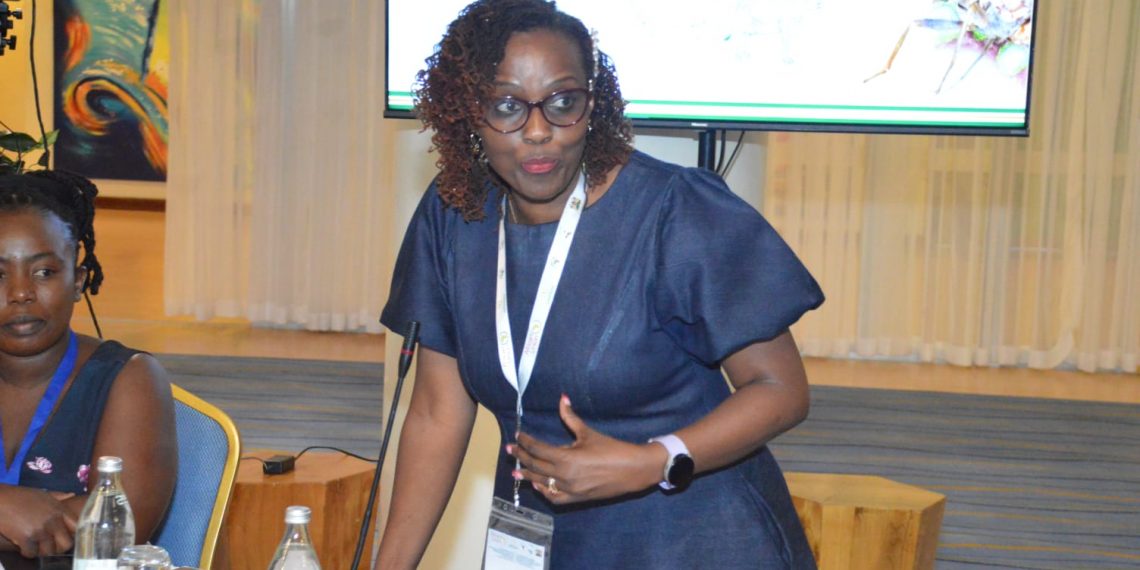The African Union Inter-African Bureau for Animal Resources (AU-IBAR) is leading a major continental effort to close critical health data gaps through the new Digital One Health Platform.
According to Dr. Mary Mbole-Kariuki, program lead for the African Union One Health Data Alliance Africa project, the platform aims to unify animal, human, and environmental health actions under a single, integrated framework.
“This initiative is a practical application of the One Health concept, which emphasizes the interconnectedness of humans, animals, and the environment.”
Dr. Mbole-Kariuki stressed the fundamental role of unity in this approach, stating, “One Health is about speaking with one common voice.” She said adding that, “Animal health, human health, and environmental health cannot be separated they are three legs of the same stool. If one is weak, the whole system collapses.”
She was speaking at the 37th International Scientific Council for Trypanosomiasis Research and Control (ISCTRC) Conference in Nairobi.
Addressing the Data Fragmentation Challenge
AU-IBAR’s discussions with all 55 African Union member states pinpointed the major obstacle to coordinated action: a lack of reliable, shared data. This data deficit, she noted, “has fueled fragmented efforts.” In response, the African Union Digital One Health Platform was created as an innovation, supported by AU member states and GIZ.
The one health digital platform is designed to allow scientists, researchers, and stakeholders across Africa to share data, findings, and projections in real time. This readily available information is crucial for feeding into policy processes, empowering decision-makers to craft evidence-based interventions and allocate resources more effectively.
Reflecting on the limitations of traditional academic publishing, Dr. Mbole-Kariuki, a scientist herself, advocated for smarter data sharing. She lamented that research findings often “never reached the end user,” stressing: “It is very important that scientists start sharing their data in a smart way so that policymakers can act and budgets can follow.” She urged African scientists to step out of their “traditional silos,” collaborate, and get their knowledge “out of our laptops” to ensure policymakers better support science, ultimately benefiting society.
The Critical Role of One Health
According to Dr Mbole-Kariuki,the One Health approach is deemed essential for tackling major public health threats such as zoonotic diseases, climate-related health risks, and biodiversity loss. Healthy ecosystems support both human and animal survival; conversely, losing biodiversity or degrading land compromises animal health, which in turn compromises human health.
The digital platform is specifically intended to coordinate multi-sectoral prevention, preparedness, and response efforts for zoonotic diseases—those transmissible between animals and humans (spillover) or humans and animals (spillback)—including diseases like rabies, avian flu, and viral hemorrhagic fevers such as Ebola.
Furthermore, the multi-sectoral and multidisciplinary foundation of the One Health approach is necessary to address a range of cross-cutting issues, including antimicrobial resistance, food safety, climate change, and health system strengthening.
Dr. Mbole-Kariuki concluded that the entire effort is focused on “building resilience.” With the new platform, AU-IBAR aims to strengthen Africa’s capacity to anticipate, respond to, and prevent health crises holistically, embracing “wholeness—for our people, our animals, and our environment.”














